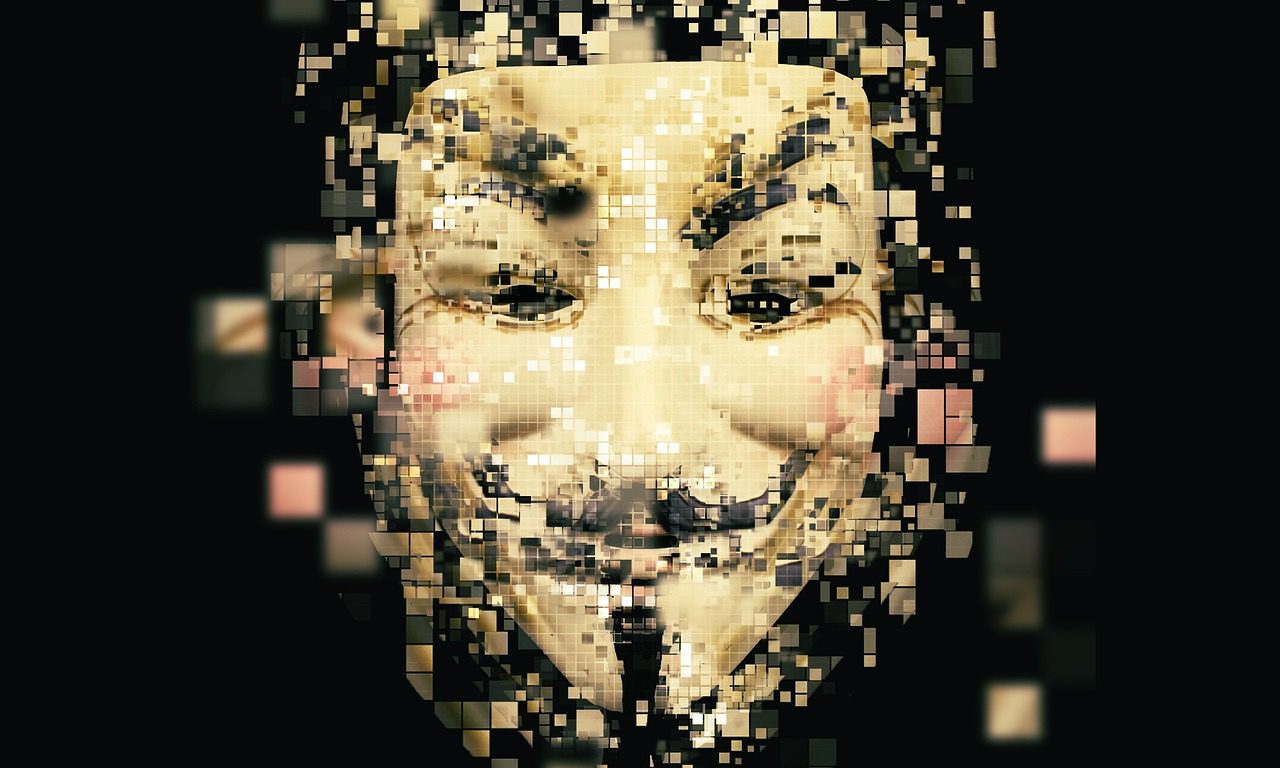In an increasingly interconnected world where privacy concerns dominate conversations, it is no surprise that many individuals are opting for anonymity as a means of safeguarding their identities. The allure of going anonymous holds a profound appeal to people across various walks of life. Today, we delve into the reasons why individuals choose to remain unidentified and explore the underlying factors that drive this growing trend.

Protection of Privacy and Security
One of the primary motivations for people to go anonymous is the desire to protect their privacy and maintain a certain level of security. With the proliferation of social media, online platforms, and digital footprints, individuals often find themselves vulnerable to threats such as cyberbullying, hacking, doxxing, or even identity theft. By adopting anonymity, people shield themselves from potential harm and preserve their personal information from falling into the wrong hands.
Freedom of Expression
Anonymity has long been associated with the concept of freedom of expression. By removing personal identifiers, individuals feel liberated to voice their opinions, ideas, and criticisms without fear of personal repercussions or social backlash. Anonymity can provide a safe space for marginalized individuals or those residing in oppressive environments to freely express themselves, sharing their thoughts and experiences openly and honestly.
Avoidance of Judgement and Stigma
The fear of judgement and social stigma often drives people towards anonymity. In today’s society, where public scrutiny and online mob mentality prevail, individuals might choose to conceal their identities to avoid prejudice, discrimination, or negative consequences that might arise from expressing their views openly. Anonymity allows people to detach themselves from their personal background, focusing solely on the ideas or content they wish to present.
Exploration of Alternate Identities and Creative Outlets
The online world offers an opportunity for individuals to explore alternate identities and engage in various creative outlets. Anonymity allows people to experiment with different personas, artistic expressions, and virtual realms without the constraints of their real-life obligations or reputations. For some, it is an escape from the mundane, a chance to explore untapped potentials and embrace newfound passions.
Protection from Professional or Legal Ramifications
In certain professional or legal contexts, anonymity serves as a shield against potential repercussions. Whistleblowers, for instance, often choose to remain anonymous to safeguard themselves from retaliation when exposing misconduct or corruption. Additionally, individuals involved in sensitive or controversial industries may opt for anonymity to mitigate any harm that may arise due to their affiliation or engagement in such activities.
While the reasons for seeking anonymity vary from person to person, the underlying theme revolves around the protection of one’s privacy, security, and the freedom to express oneself without fear. However, it is important to note that anonymity also presents challenges, such as the potential for misuse and the spread of misinformation. Balancing the benefits and drawbacks of anonymity remains a critical aspect of online discourse and the ongoing conversation surrounding digital privacy.
As our digital landscape continues to evolve, the topic of anonymity is likely to remain at the forefront of discussions regarding individual rights, societal norms, and the delicate balance between privacy and accountability.